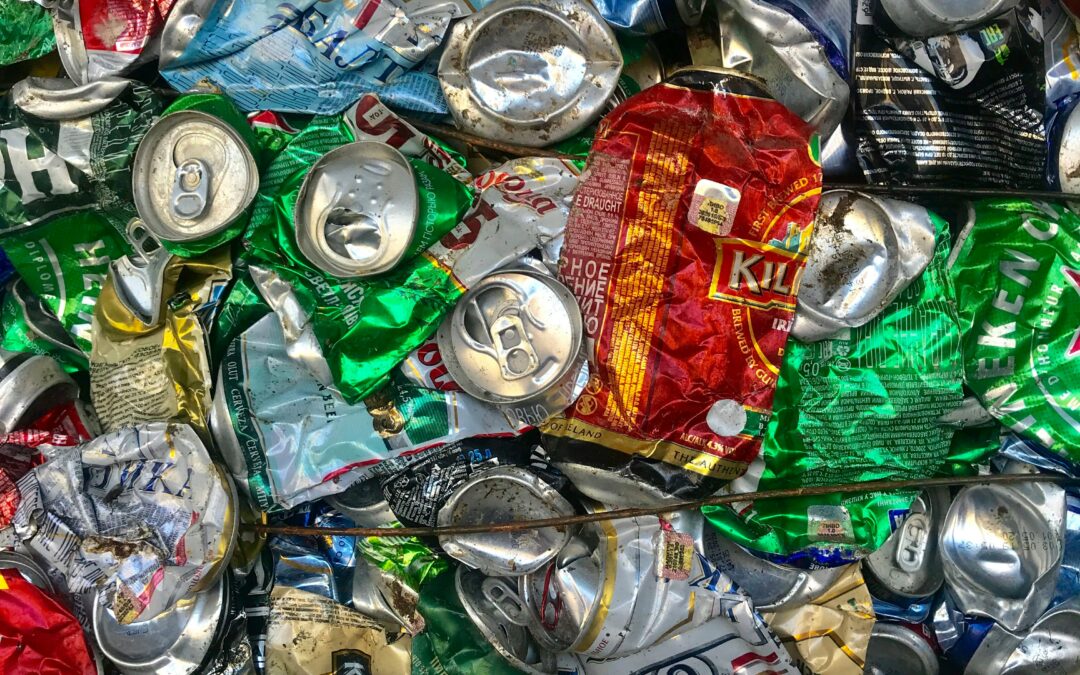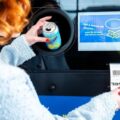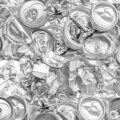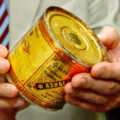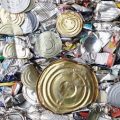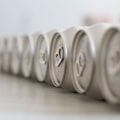Although 374 million euros were expected to be raised through the deposit of cans and plastic bottles, this goal has not yet been reached. The amount collected so far has not been claimed by anyone.
Last year in the Netherlands, more plastic bottles and cans were collected, but still fell short of the 90 percent target. Fewer of these objects were found on the streets, indicating that residents are being more careful with their final disposal. According to NOS, based on data from Verpact (formerly Afvalfonds), the organization in charge of the collection of plastic bottles and cans by companies, an estimated €374 million in deposits were left unclaimed.
After one year of implementing the can deposit system, it was reported that about 65% of the cans were returned for deposit. According to the company Verpact, 71% of plastic bottles were collected last year, an increase of 3% over the previous year.
The organization reported that recycling rates have increased and the amount of garbage has decreased, citing figures from the Ministry of Infrastructure and Water Management. According to Verpact, the number of small bottles found in the trash was reduced by 63% during the first half of 2023 compared to the same period in 2020. In addition, there has been a decrease in the number of doses during the last eight years.
As of July 1, 2021, a can deposit system began to be implemented in which consumers pay an additional 15 cents for disposable bottles of soft drinks and water with less than 1 liter. This amount can be claimed when returning the bottle on a date after April 1, 2023, when this system was officially introduced.
Last month, the Transport and Human Environment Inspectorate told Verpact of its failure to meet the 90 percent plastic bottle collection target by 2022. Despite collecting 68 percent of the bottles that year, the company presented a plan in December to improve its performance, although they estimate that they will not reach the legal target until 2026.
The Verpact company aims to increase its revenues by installing more deposit machines and collection points at various locations. They plan to add 5,400 additional points in total, including 800 in supermarkets and other crowded places such as schools, train stations and shopping malls. Over the past year, more than 400 new collection machines have already been installed in supermarkets and another 600 have been replaced by more modern devices.
The company is conducting tests outside supermarkets to manually collect damaged containers. It is believed that this will have a major impact on the amount of money collected.

